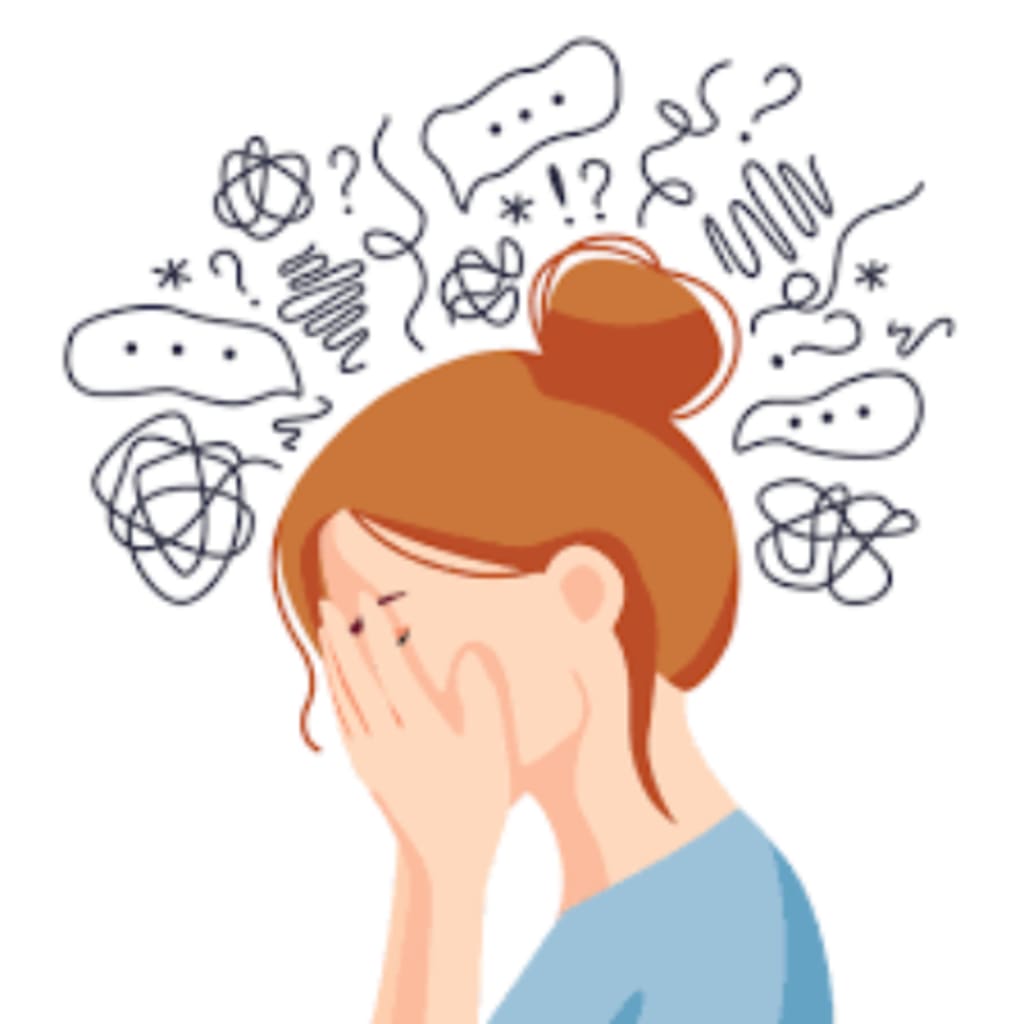
Stress is a common phenomenon that affects people from all walks of life. From students to executives, and from athletes to retirees, no one is immune to the effects of stress. In today's fast-paced and demanding world, stress has become a silent killer that can cause a range of physical and mental health problems. However, it's important to understand that not all stress is bad. In fact, stress is a natural response that helps our body prepare for challenges and dangers. The problem arises when stress becomes chronic and unmanageable. In this article, we'll explore the causes and effects of stress and provide practical tips on how to manage it effectively.
What is Stress?
Stress is the body's natural response to external or internal pressures that require a physical, emotional, or mental response. When we encounter a stressful situation, our body releases hormones such as adrenaline and cortisol, which activate the "fight or flight" response. This response helps us cope with the situation by increasing our heart rate, blood pressure, and breathing rate, and by releasing glucose into our bloodstream to provide energy to our muscles. In the short term, this response can be helpful, but when stress becomes chronic, it can lead to a range of physical and mental health problems.
Causes of Stress
Stress can be caused by a variety of factors, including work, relationships, finances, health, and major life changes. Some of the common causes of stress include:
Work-related stress: Long working hours, job insecurity, poor working conditions, and demanding workloads can all contribute to work-related stress.
Financial stress: Money worries, debt, and financial insecurity can cause significant stress.
Relationship stress: Difficulties in relationships, whether it's with a partner, family member, or friend, can cause stress.
Health-related stress: Chronic illness, pain, and disability can cause significant stress.
Major life changes: Major life events such as divorce, bereavement, or moving to a new location can cause significant stress.
Effects of Stress
Chronic stress can have a range of negative effects on our physical and mental health. Some of the common effects of stress include:
Cardiovascular disease: Chronic stress can increase the risk of heart disease, high blood pressure, and stroke.
Immune system suppression: Chronic stress can weaken the immune system, making us more susceptible to infections and illnesses.
Digestive problems: Chronic stress can cause digestive problems such as stomach ulcers, irritable bowel syndrome, and acid reflux.
Mental health problems: Chronic stress can contribute to a range of mental health problems, including anxiety, depression, and insomnia.
Poor work performance: Chronic stress can affect our concentration, memory, and decision-making skills, which can impact our work performance.
Managing Stress
The good news is that stress can be managed effectively. Here are some practical tips on how to manage stress:
Identify the cause: The first step in managing stress is to identify the cause. Once you understand what's causing your stress, you can take steps to address it.
Exercise: Regular exercise is an effective way to manage stress. Exercise releases endorphins, which are natural mood boosters, and can help reduce the effects of stress on the body.
Relaxation techniques: Relaxation techniques such as deep breathing, meditation, and yoga can help reduce stress levels and promote relaxation.
Time management: Effective time management can help reduce stress levels. Prioritize your tasks, delegate when possible, and avoid overcommitting yourself.
Social support: Having a supportive network of family and friends can help reduce stress levels. Talking to someone about your problems can help you gain perspective and find solutions






Comments
There are no comments for this story
Be the first to respond and start the conversation.